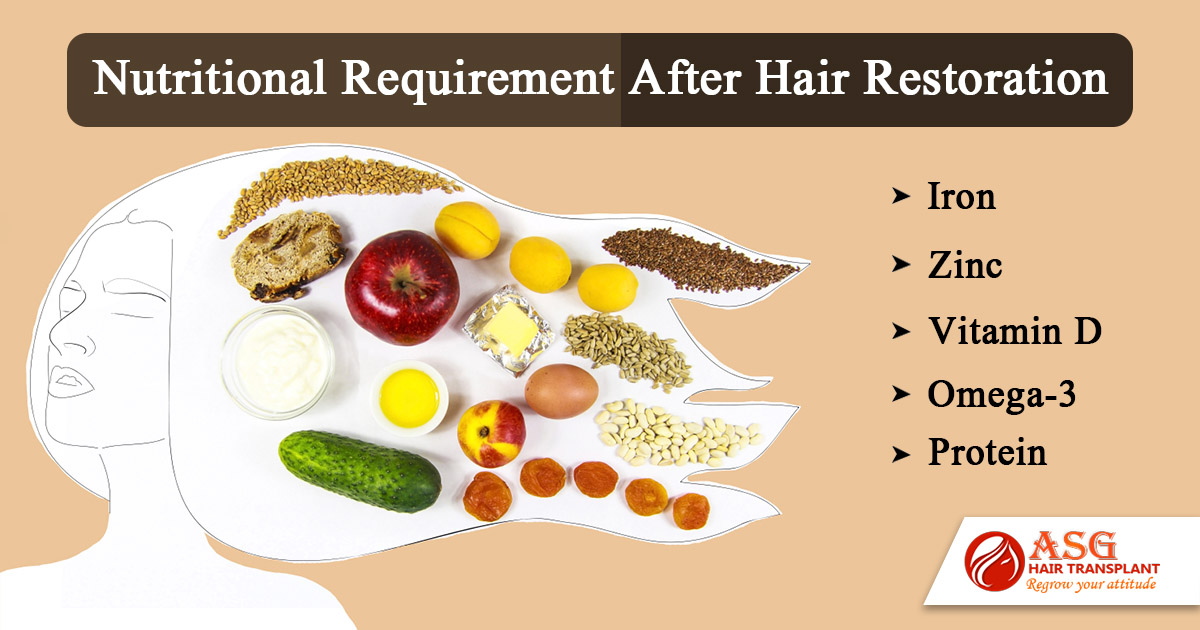
Introduction
Hair transplantation is a widely recognized and effective method for restoring hair in individuals experiencing hair loss or baldness. However, to ensure the success and longevity of transplanted hair, proper care and nourishment are essential. This article explores the concept of “transplanted hair food,” detailing its significance, key components, and tips for maintaining the health and appearance of transplanted hair.
I. Understanding Hair Transplantation
- Hair Transplantation: A surgical procedure in which hair follicles are moved from a donor area to a recipient area on the scalp to address hair loss.
II. The Role of Nutrition in Hair Health
Healthy hair growth relies on proper nutrition, including vitamins, minerals, and proteins. Transplanted hair is no exception, and nourishing these newly implanted follicles is crucial for optimal results.
III. Key Components of Transplanted Hair Food
1. Protein: Hair is primarily composed of a protein called keratin. Adequate protein intake is essential for promoting healthy hair growth, including transplanted hair.
2. Vitamins and Minerals: Certain vitamins and minerals, such as vitamin A, vitamin D, biotin, and iron, play vital roles in hair health. A balanced diet rich in these nutrients can benefit transplanted hair.
3. Hydration: Proper hydration supports overall health, including hair health. Staying well-hydrated can help maintain the moisture balance in the scalp and promote hair growth.
4. Essential Fatty Acids: Omega-3 fatty acids, found in foods like fatty fish, flaxseeds, and walnuts, are known to support scalp health and hair growth.
IV. Tips for Nourishing Transplanted Hair
1. Balanced Diet: Consume a balanced diet rich in fruits, vegetables, lean proteins, and whole grains to provide essential nutrients for transplanted hair growth.
2. Hydration: Drink an adequate amount of water daily to maintain scalp and hair health.
3. Supplements: If recommended by a healthcare provider, consider supplements that support hair health, such as biotin or multivitamins.
4. Avoid Smoking and Excess Alcohol: Smoking and excessive alcohol consumption can negatively impact hair health, including transplanted hair.
5. Gentle Hair Care: Treat transplanted hair with care, avoiding excessive heat styling, harsh chemicals, and tight hairstyles that can cause damage.
V. Specialized Hair Products
In addition to a nutritious diet, some individuals use specialized hair products designed to support transplanted hair. These products may include shampoos, conditioners, serums, and topical treatments containing ingredients known for promoting hair growth and maintaining a healthy scalp.
VI. Consultation with a Hair Specialist
Before incorporating any specific hair care or dietary changes, it is advisable to consult with a hair specialist or dermatologist. They can provide personalized recommendations based on your unique hair type, transplant procedure, and individual needs.
VII. Conclusion
Transplanted hair represents an investment in restoring your natural hairline and appearance. Nourishing this investment with a well-balanced diet, hydration, and gentle hair care is essential for achieving the best possible results. Whether you choose specialized hair products or dietary adjustments, consulting with a healthcare provider or hair specialist can ensure that your transplanted hair receives the care and nourishment it needs to thrive.
